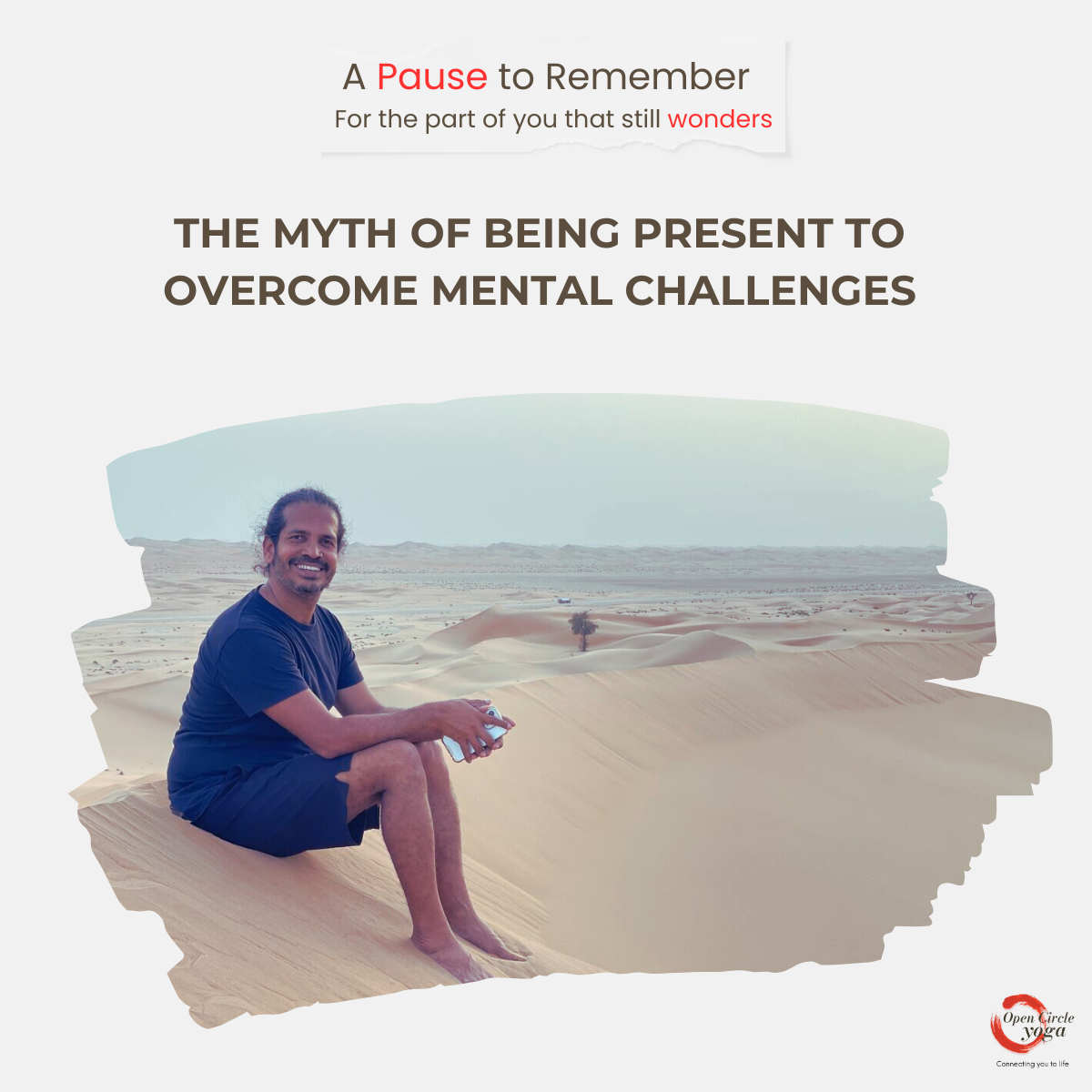The Myth of Being Present to Overcome Mental Challenges
When I think about the challenges I face related to the mind—like overthinking, constant self-criticism, worrying, inability to focus, short attention span, and getting distracted—I realize how much they affect my creativity and productivity. When I started seeking help, I found that being present was often offered as a solution, which I found attractive and began practicing through mindfulness.
After years of practicing and researching this topic, I’ve learned many things. There are different interpretations of being present, such as being one with what’s happening in the moment, not thinking about the past or future, being non-judgmental, not getting distracted by other things, and so on. Somehow, it seems that thinking is considered an obstacle to the present moment.
However, I couldn’t resonate with the idea of thinking as an obstacle. Instead, I see it as a genius faculty that nature has given us to plan, create, learn, express, organize, and evaluate. When we don’t understand how the mind works, it’s easy to blame it for our struggles. For example, when the body needs energy, it creates hunger to signal the need for food. If we mistakenly treat hunger as a problem and suppress it with pills, we’re not helping the organism sustain itself.
Here are my explorations about the present:
What is in the present moment?
Everything that happens is part of the present, which includes our thinking faculty and the natural shift of focus from one task to another, as long as we are aware of what’s happening.
What takes us away from the present?
Sometimes, the mind drifts into daydreaming, which is also an innate function. We get absorbed into the world of thoughts and lose connection with the conscious part of the mind. However, it’s important to remember that daydreaming is one way the mind relaxes itself, rejuvenating from the effort of staying focused.
How to deal with this?
By practicing observation, we become mindful of our thoughts, allowing us to gently bring the mind out of daydreaming. But if daydreaming becomes incessant, it can lead to worry and anxiety, causing us to lose touch with reality.
So, balance is key. Through the art of mindful observation, this balance can be achieved.

